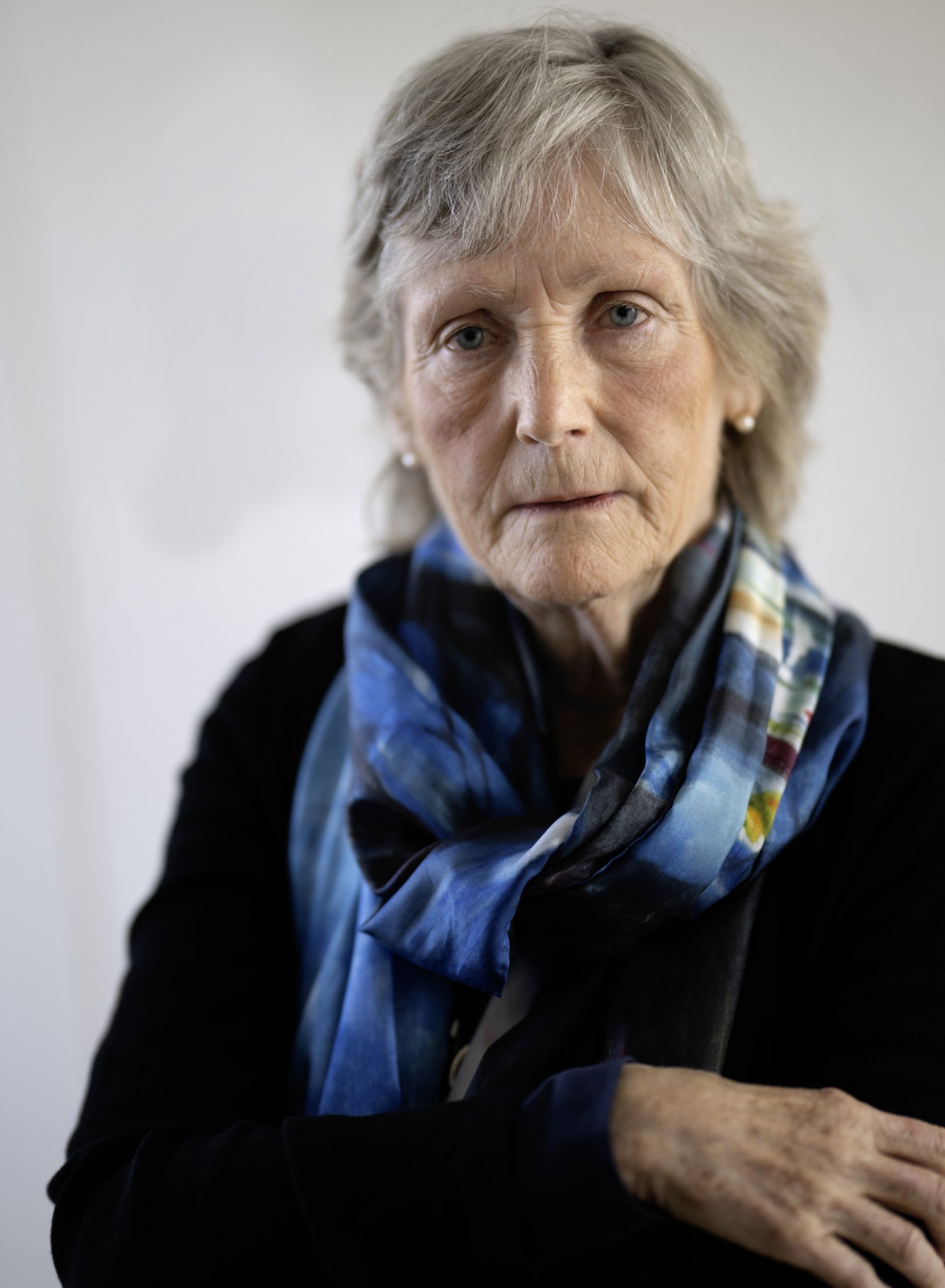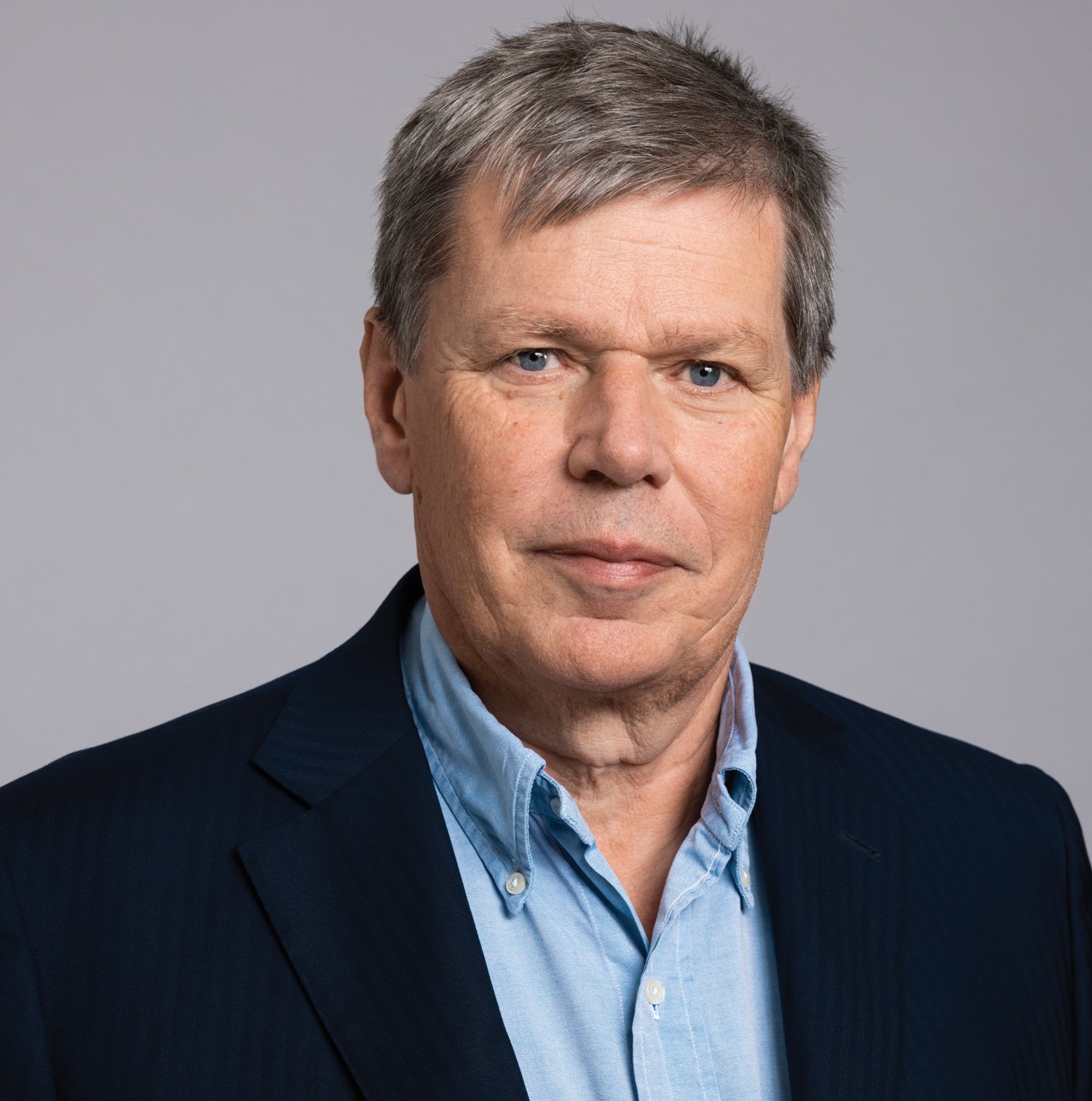Ashley Moffett and Peter Thelin made honorary doctors at KI

Karolinska Institutet has decided to award honorary doctorates to Ashley Moffett, professor emerita at the University of Cambridge, UK, and Peter Thelin, chair of the Swedish Brain Fund, for their important contributions to science and KI, respectively. The formal ceremony will take place at the conferment ceremony in Stockholm City Hall on 26 April.
Professor Ashley Moffet is awarded KI’s honorary doctorate for a lifetime of research that has made groundbreaking discoveries concerning the biological mechanisms behind serious conditions associated with pregnancy.
These include preeclampsia, intrauterine growth restriction (IUGR) and unexplained fetal death, which together affect up 10 per cent of all pregnancies.
Focus on diseases during pregnancy
Professor Moffet’s research has found that these diseases originate from critical interactions between natural killer (NK) cells in the decidua (the part of the uterus where the embryo is implanted) and the cells that form the placenta (trophoblasts), which derive from the fetus.

"I am deeply honoured to receive the honorary doctorate from Karolinska Institutet," says Ashley Moffett, who is a doctor and specialist in obstetrics and gynaecology. "Karolinska Institutet was where NK cells were first discovered and described. These groundbreaking studies have been absolutely essential to my work as a researcher."
Internationally, Professor Moffett has been recognised for her work in developing countries, such as Uganda, where she has helped to develop national programmes for research, education and information in the field of maternal healthcare.
Key research financier
Peter Thelin, the chair of the Swedish Brain Fund and co-founder of the financial company Brummer & Partners, has spent over a decade putting a great deal of his time and energy into research at Karolinska Institutet – a commitment that has resulted in long-term funding for many research groups at KI.

"I’m proud and delighted to receive this recognition," he says. "I’ve had the privilege to work for KI for over 15 years and have been a private donor. As chair of the Brain Fund, I get regular confirmation of just how important KI’s research is. I shall do the title due justice."
Thelin was an active participant in the anniversary campaign committee ahead of KI’s bicentenary celebrations in 2010. The committee raised SEK 1 billion and KI forged new links with donors from many sections of society.
Increased funding for research on brain diseases
Thelin has also played a key role as a member of and advisor to KI’s investment and philanthropic councils.
Since Peter Thelin became the chair of the Swedish Brain Fund in 2016, the raising and distribution of funds has increased markedly.
This has given rise to a greater understanding of complex brain processes and thus new therapeutic strategies for such diseases as stroke, Parkinson’s, ALS and Alzheimer’s.
